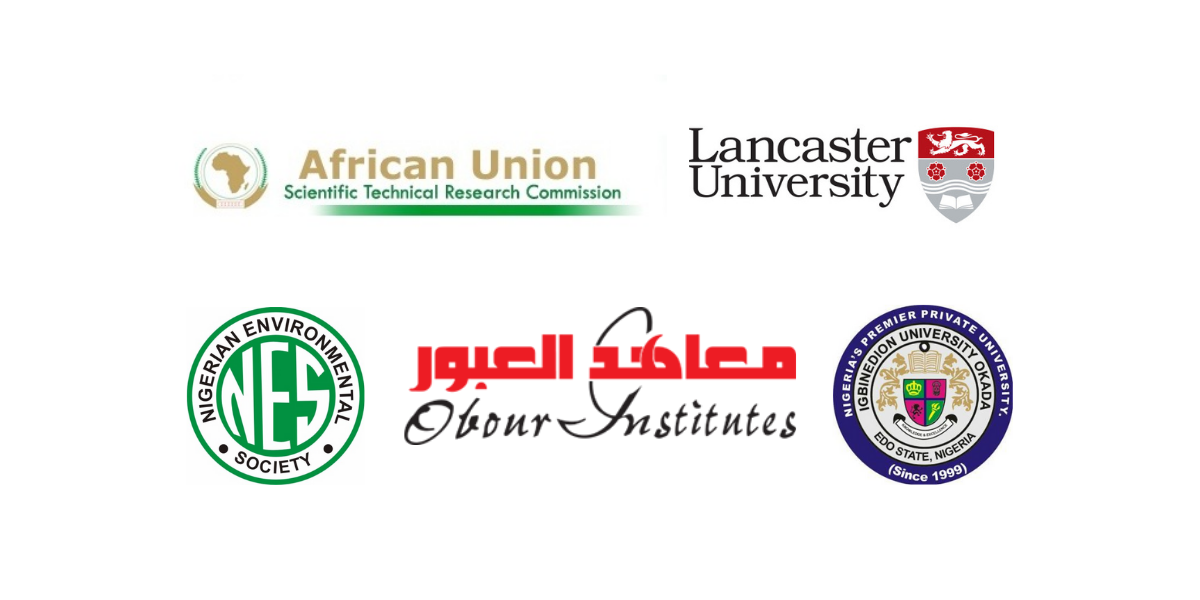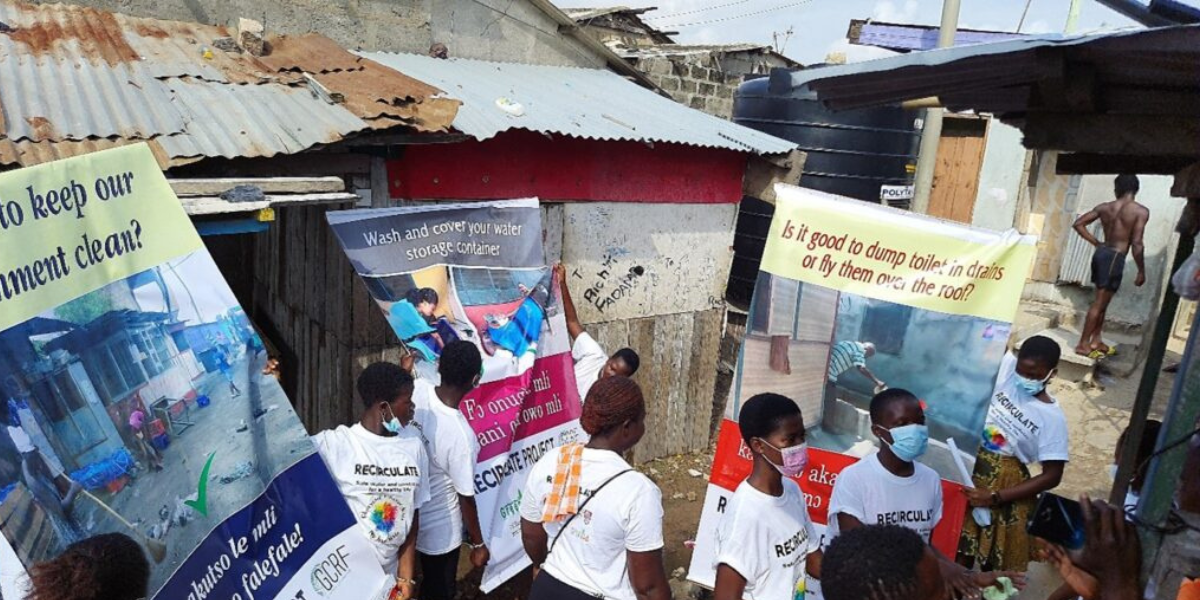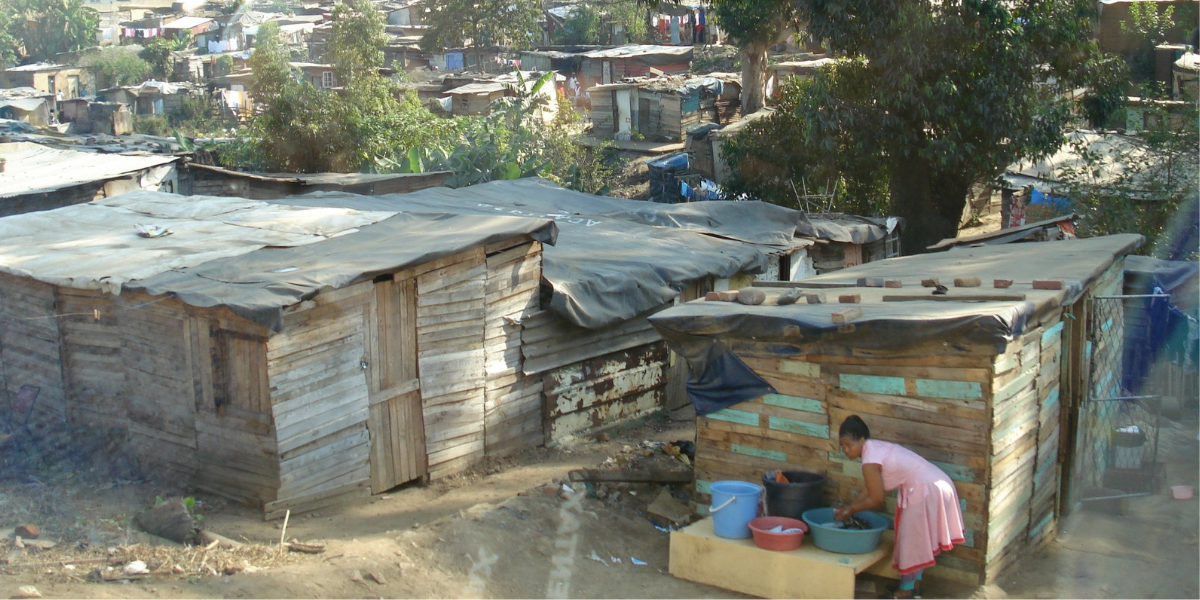
As part of the work programme “Driving environmental protection through eco-innovation systems to build human capital and green economy in Africa”, the African Union Scientific Technical Research Commission (AU-STRC) organised a virtual workshop on the topic of “Waste Management and Bioenergy Challenges and Opportunities for Bioenergy through Waste Management”. The workshop took place over two days, from 30th June to 1st July 2021, and was organised in partnership with Lancaster University, UK; Igbinedion University, Nigeria; University of Benin, Nigeria; the Nigerian Environmental Society and the Obour Institute, Egypt.
Lancaster University was represented by Prof. Kirk Semple, Professor of Environmental Microbiology and Director of the RECIRCULATE & ACTUATE projects, who delivered a presentation entitled “Valorising wastes to produce energy using eco-innovative thinking” and Dr Ruth Alcock, Head of Enterprise and Business Partnerships, who delivered a speech on “Eco-Innovation and knowledge transfer models”. The RECIRCULATE and ACTUATE projects were further represented by project team members in Africa with Dr Francis Agyenim, Dr Stephen Yeboah and Dr Richard Bayitse from CSIR, Ghana and Prof. Lawrence Ezemonye from University of Benin, Nigeria all giving presentations. Dr Akan Odon, Africa Strategy Adviser for Lancaster University, acted as a moderator of the event.
From over 300 applications, 60 participants were selected representing scientists, entrepreneurs, policy makers, students, workers in green technologies and scientific and research institutions from over 10 countries across Africa.
The objective of the workshop was to build capacity in African institutions, scientists, and entrepreneurs to drive eco-innovation in the continent, thereby creating sustainability in development in line with the UN Sustainable Development Goals (SDGs). The event is the first in a series of workshops organised by AU-STRC and its partners and will be followed by two more training sessions: “Clean energy in rural Africa” and “Pollution control and clean air”.




